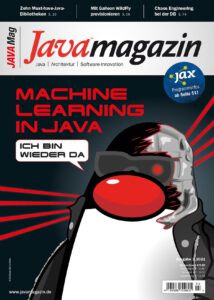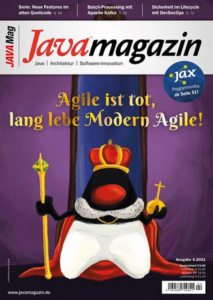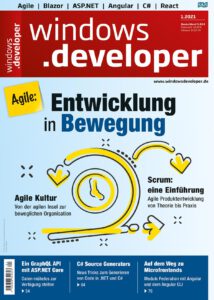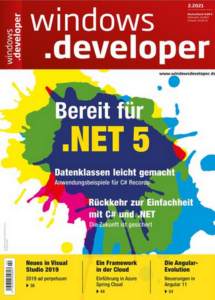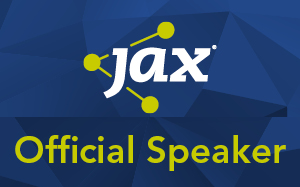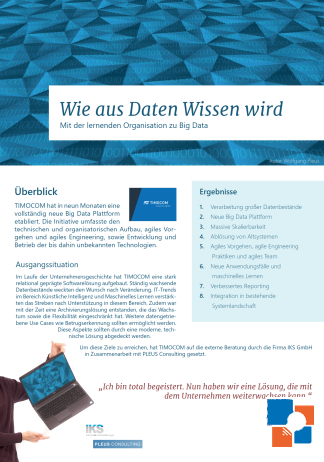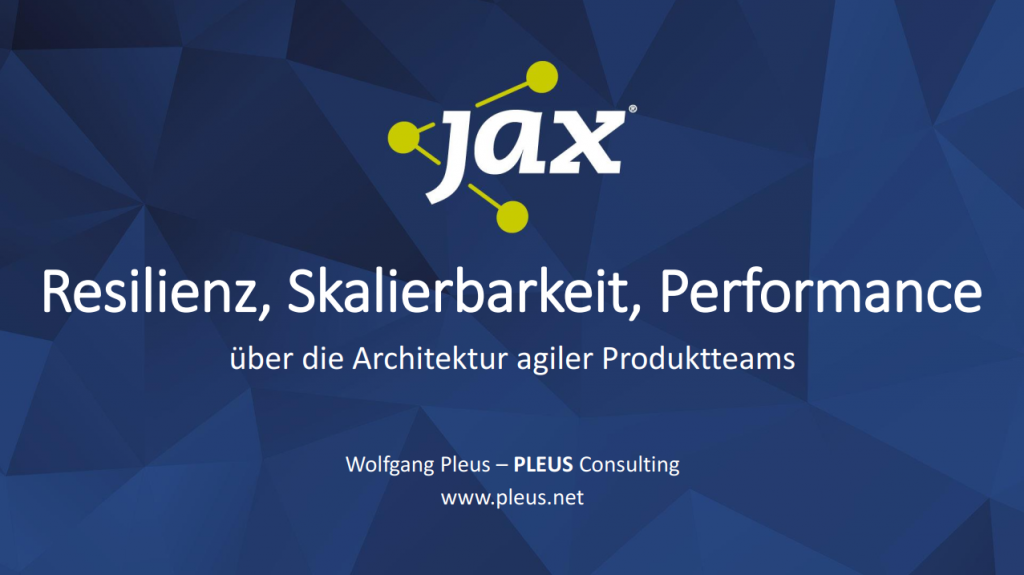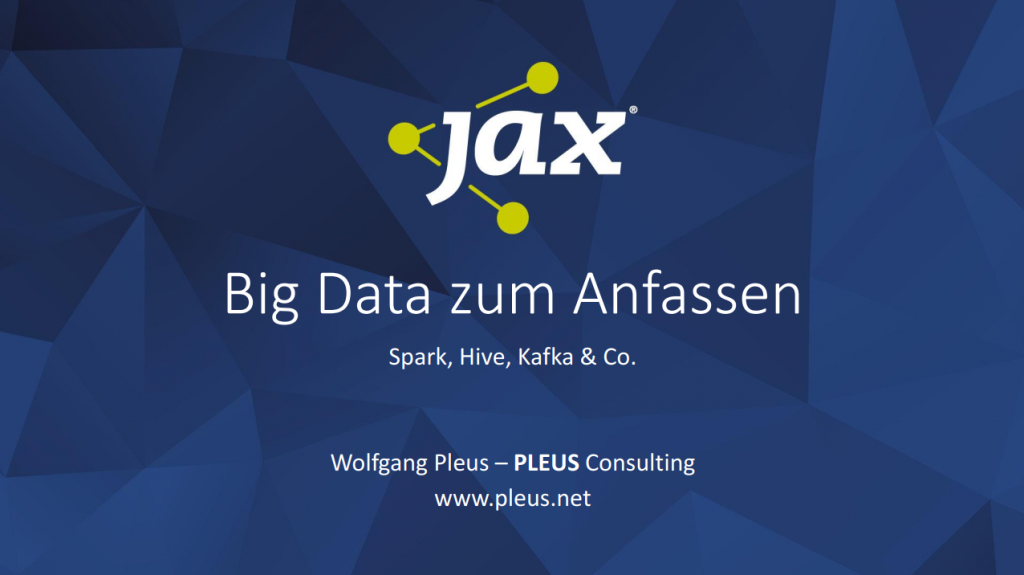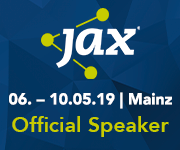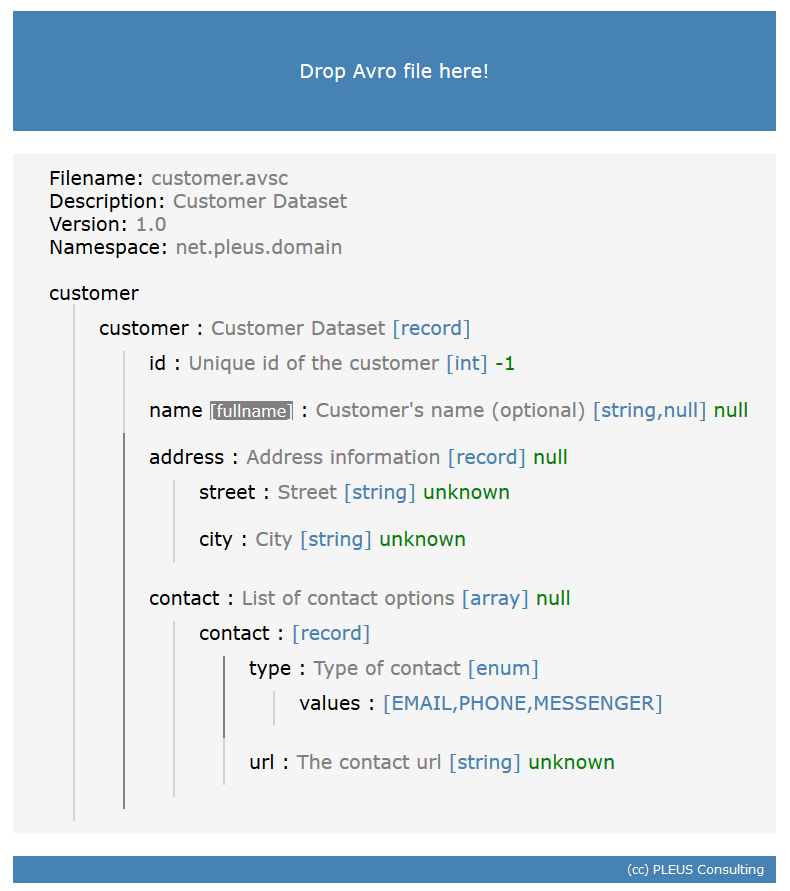
We are doing agile for over 20 years now. It shows that Agile is not just a flash in the pan like many other trends in IT. Agile has brought innovation to many organizations and changed the way we develop software today. This is already a great success . According to the principle of inspect and adapt the agile movement is still evolving and entering more and more domains. That’s why the main theme of this year’s Agile Day is Agile beyond Development. We are widening the scope to aspects and departments outside of development to take a more systemic view on modern software development.
So, this year the JAX Agile Day is going to be great again. You can see all sessions here. I am very glad to be your host on 2. Mai in Mainz or wherever you like, because the day is going to be streamed directly to you office as well. We are also making the day more interactive for you by integrating a Lean Coffee Session.
And that’s not all. For the upcoming conferences we are going to rename the day and open the agenda to create a space for strong innovation in professional software development. But this is something that has to be revealed later. For the time being I hope you take part in the conference and to meet you there.
